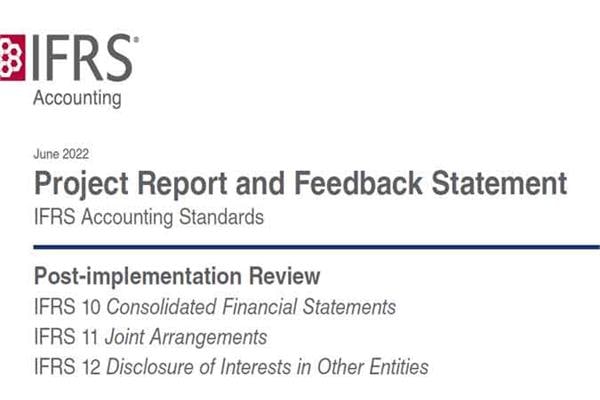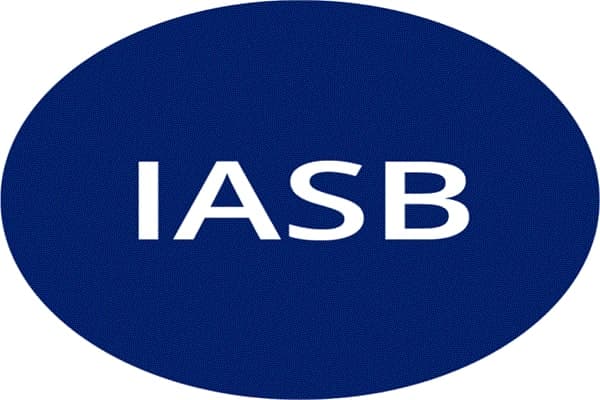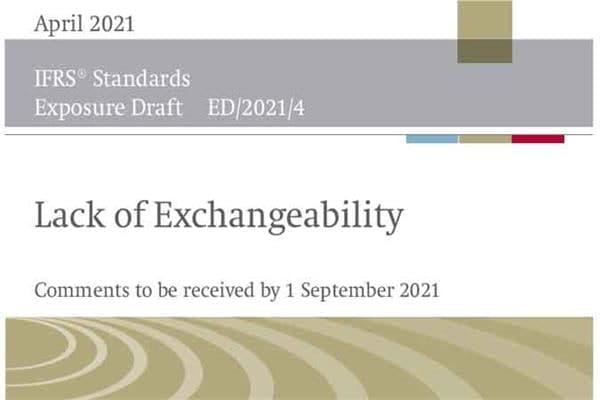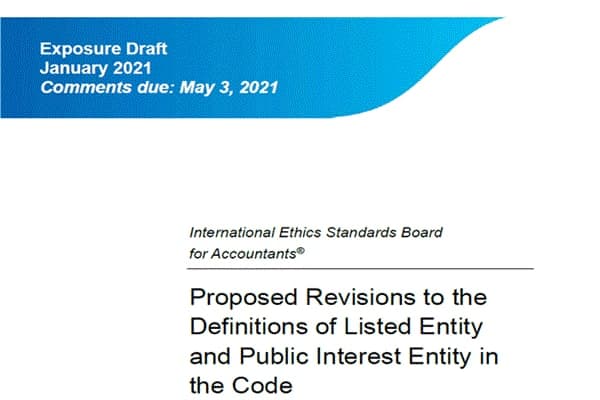The Role of Tax Planning and Checklist In The Future Of Our Firm
What is tax?
Tax is a social cost paid by the public in exchange with the benefit of using facilities and resources provided by the country. Tax should be paid so that the government would have the ability to replace the resources used and prevent resource exhaustion. In fact, tax is a part of people’s revenue or profit which belongs to the state because the state has originally provided the resources and facilities needed to earn that money to begin with.
What is tax planning?
Tax planning is a financial status analysis based on taxation perspective. The objective of tax planning is developing the most effective taxation system. To do so we have to coordinate our financial plans and tax plans. Tax planning is a crucial part of a financial planning. Because on one hand it reduces tax debts. And on the other hand increases the shareholders’ equity which in return enhances retirement plans. Both the above mentioned impacts are of utmost importance.
An effective tax planning could serve your financial status positively, it can even challenge tax regulations with all its complications. Generally, the effective execution of tax planning can bring you and your financial system remarkable benefits.
When the tax rate is stable, people generally tend to pay less tax or delay paying it. Now if there is not an inclusive and effective tax planning, there are several articles in tax regulations which can neutralize all other strategies. For example, some people are so hasty to apply one certain article to reduce their tax that another article which could even appear more profitable in time, is completely ignored by them. That is why it is important that you have an active role in your tax planning before and after the end of the fiscal year. This would help you to make sure that your tax strategic plan is reflecting your long-time objectives as well as your capital management. Unfortunately, although the term “tax planning” is wildly used, its real concept remains unknown to most.
What is the real meaning of tax planning?
“Tax planning” is the art of managing everything in a way that would prevent paying extra tax or delay it and give you more time to pay it. By applying effective tax planning you can have more money to either save and invest or spend, and or both.
In other words, “tax planning” means delaying and apparently avoiding paying tax by applying useful tax regulations, increase and accelerating tax reduction and tax credits, and generally using the utmost potential of all available tax exemptions.
Of course you should not coordinate all your actions toward taxes paying avoidance. In fact an effective tax planning allows you to do what you want to do while your tax bills are decreasing along your operation.
How tax planning and financial planning are related?
Regarding the fact that financial planning is the art of executing the one strategy that would help you achieve your long and short-term objectives, we should not forget that there is a close link between financial and tax planning since tax is a major cost items which leaves your turn over and is your main cost in a long time. As a result planning to reduce the tax is a big step in your financial planning.
In my long experience as an expert in taxation, I have witnessed how people remain ignorant of the importance of tax planning up to the point when they suffer a severe financial loss.
Conclusion:
According to the regulations each business owner has to prepare and submit a summary of his operation in a fiscal year. This obligation should be done in a certain format called “Tax Statement”. In Iran the deadline for submitting this statement for real persons is June 21st ( end of Khordad of the next year) according to article 100 of Tax Regulations. And July 21st ( end of Tir of the next year) for legal persons according to article 155 of the same regulations. This period is called “Taxation Time”.
Tax statement is a summary of real and legal person’s annual operation which is sent to Tax Administration for tax calculation and requires close attention in the process. As a result it seems that before preparing the tax statement, to take needed precautions, having a checklist is necessary and inevitable. A checklist in which all aspects of preparing and submitting the tax statement have been considered.
This check list is like the right hemisphere of the brain and its main purpose is gathering and classification of documents along with extraction and record of financial events, based on tax regulations, in order to calculate taxable revenue in a certain period of time. Similar checklists are currently being used by a few tax experts. Applying these checklists guarantees that your tax statement is intact and you can avoid possible complications resulted from documents’ defects. Needless to say that to gain the full benefits of this checklist you need to seek help from an expert in financial and tax affairs.
Mohammad Ahmadi






